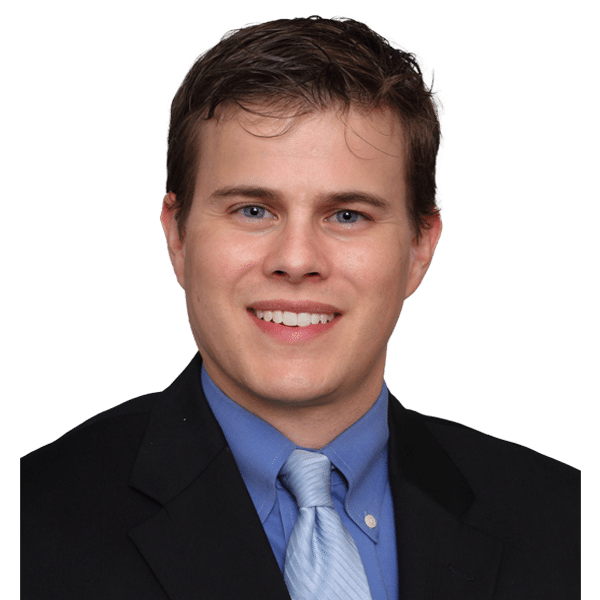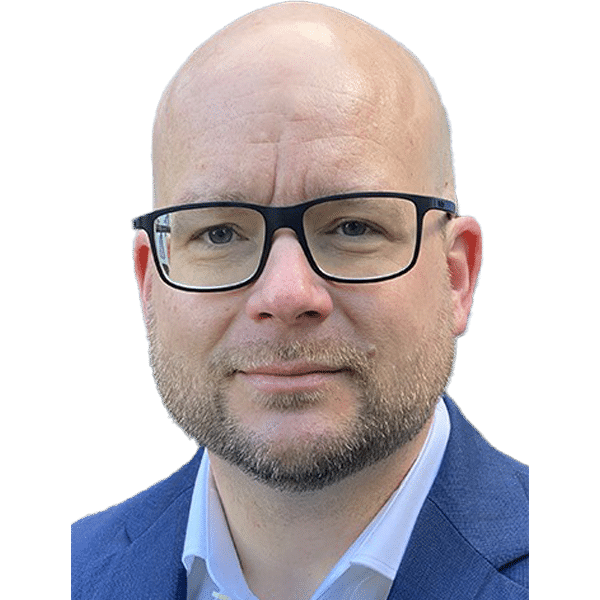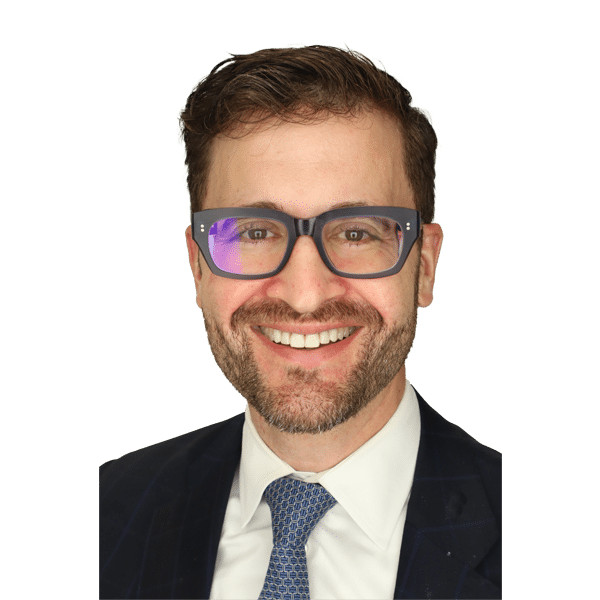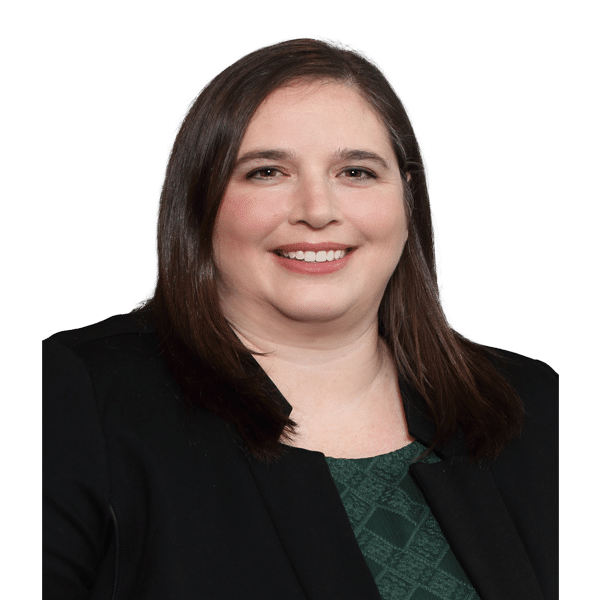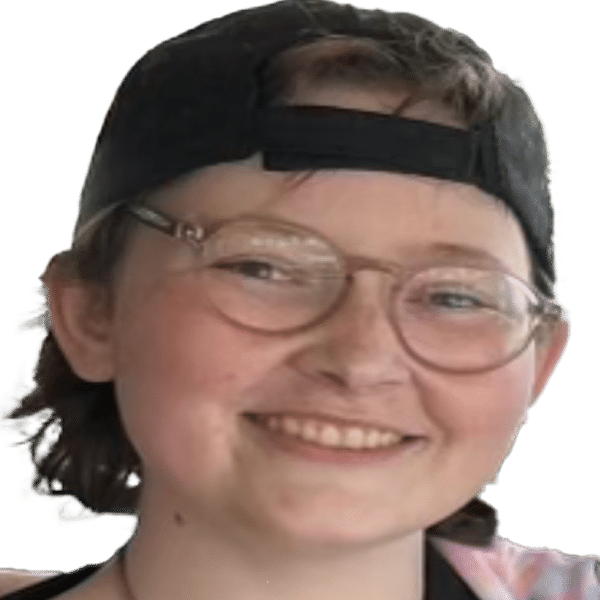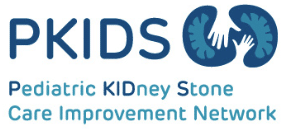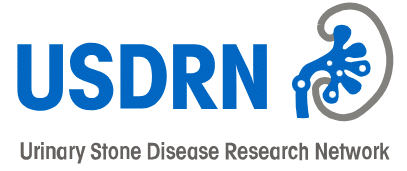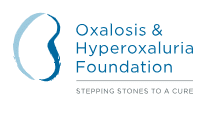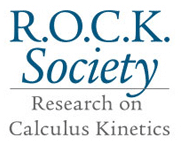Who We Are - KSEC (Kidney Stone Engagement Core)
Introduction
The KSEC is dedicated to engaging with patients, caregivers, clinicians, and researchers to develop valuable comparative effectiveness research in the field of kidney stone disease. Our team recognizes the importance of understanding the patient voice and fostering a supportive community to drive impactful outcomes.
By actively involving all stakeholders in our research endeavors, we aim to not only generate evidence-based insights but also to ensure that the patient perspective remains at the forefront of our work.
Through collaborative efforts and open communication, we strive to address the unmet needs of individuals affected by kidney stone disease and to ultimately improve the quality of care and outcomes in this field. Our commitment to inclusivity, transparency, and patient-centered research drives us forward in our mission to make a meaningful difference in the lives of those impacted by this condition.

The Team
KSEC is composed of individuals who are dedicated to enhancing the patient voice in kidney stone research. We are patients with kidney stones, caregivers who care for individuals with kidney stones, and advocates for patients with a diverse array of kidney stone experiences. We are also researchers and clinicians who are dedicated to high-impact research in kidney stone disease.
Get Involved
Are you interested in learning more about how to join the Kidney Stone Engagement Core?
